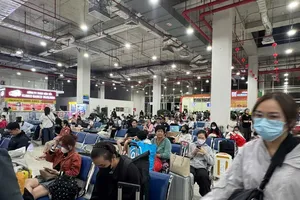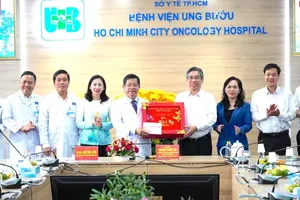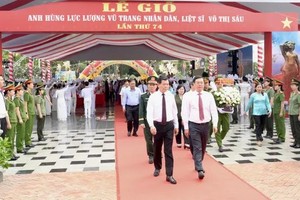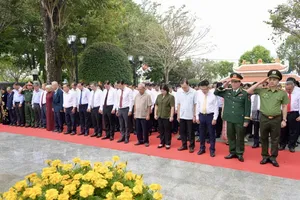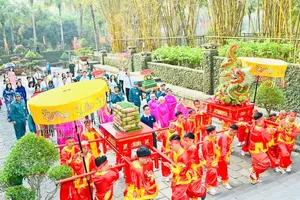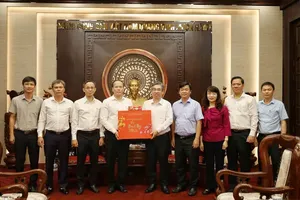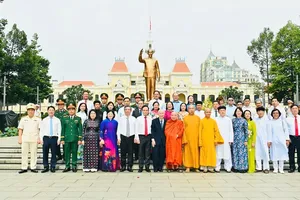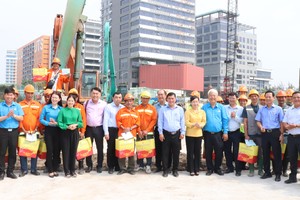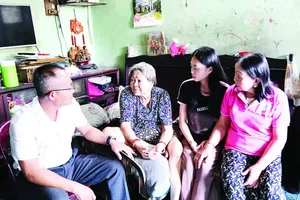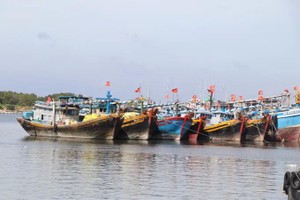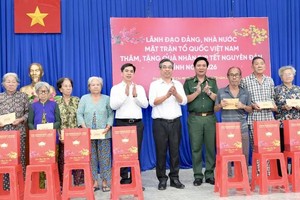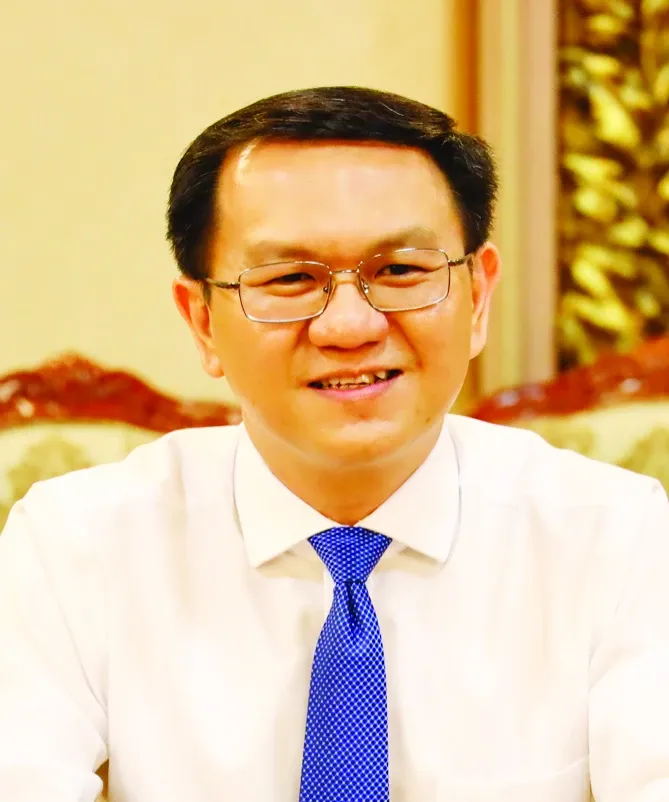
Director Lam Dinh Thang of the HCMC Department of Information and Communications first explained the aims of the digital transformation index and the digital government identity set, to be introduced this year.
The digital transformation index helps state units and agencies to monitor as well as objectively evaluate the annual results of their digital transformation activities. This system operates completely online for real-time tracking and timely adjustments of inadequacies to fulfill the set goals to the highest level possible.
The digital government identity set such as digital platforms, information provision websites, or cyber applications, is a method to allow both state officials and the public to identify the products and achievements of the city’s digital transformation process.
These useful items make city dwellers more confident conducting digital transactions with the city authorities, which in turn boosts interactions with the city leaders and the establishment of a digital government and society.
Answering the question about how to synchronize 14 separate digital platforms currently existing in HCMC, the Director stressed that the demand to have unified platforms for the whole city is a great upgrade in awareness and operation method of digital transformation activities in HCMC lately. These platforms will accelerate the transformation process while letting data sharing and synchronizing happen more smoothly and cost-effectively.
The city has set the goal of improving its shared platforms, simplifying administrative procedures, restructuring professional processes to run consistently on these platforms. Any localities and units not joining these systems will not have their work results recognized, but most importantly, will not be able to access the common data to handle administrative documents submitted by citizens and businesses.
HCMC is going to introduce more regulations so that the common platforms can be better exploited and data better shared, synchronized. In 2025, the city will basically operate its administrative aspects on these platforms.
As to the information systems to manage land and construction permits – the focus of the city at present, Director Thang mentioned the benefits to both businesses and citizens. The systems are being developed with the mindset to improve public service quality on the digital environment for these two most complicated fields.
When in operation, these systems offer more convenience for land-related administrative procedures. Applicants can save time, money and monitor the document handling process thanks to its transparency. As the databases are shared and synchronized among state agencies, enterprises and citizens no longer have to fill out forms multiple times. This is expected to improve the business environment and living standards, while boosting the socio-economic development of HCMC.
Nevertheless, owing to the complexity and heavy workload, these systems need strong determination and wise management of the city authorities, along with close collaboration among related functional agencies, the community, and businesses.
Completing the information system for land management and construction permits is one of the core missions of HCMC this year since it is one breakthrough in the city’s administrative reform.
Director of the HCMC Information and Communications Department Lam Dinh Thang
Finally, the Director discussed possible challenges during the digital transformation process of HCMC. As the awareness about this process of state officials, ministries, agencies and the public are not the same, there exist conflicts and inconsistencies among legal regulations and institutional reform.
The improvement of institutions and legal corridors is the key to effective digital transformation. HCMC has proposed the Central Government to continue its review and adjustments of legal regulations in this matter to ensure consistency and suitability with practice. There should be specific regulations for new aspects in this transformation process, along with detailed legal corridors for the implementation of those regulations.
More importantly, ministries and state agencies must work with localities to restructure professional processes and simplify administrative procedures so that handling administrative documents takes less time for digital transformation sake. There should also be proper financial and human resources support for localities in need to carry out this transformation successfully.
Since 2023, the HCMC Department of Information and Communications has collaborated with districts and Thu Duc City to identify 15,000 poor households eligible to receive free smart equipment to take part in the digital transformation process.
As the poverty threshold of HCMC is higher than the national one, poor families living here are not eligible for enjoying the benefits of the Vietnam Public Utility Telecommunications Service Fund, the city should introduce its own policy.
Right now, the municipal Information and Communications Department is preparing a proposal to submit to the HCMC People’s Council for approval to help these subjects. Besides, it is mobilizing social resources from capable businesses to gift poor people with smart devices or mobile data packages.
